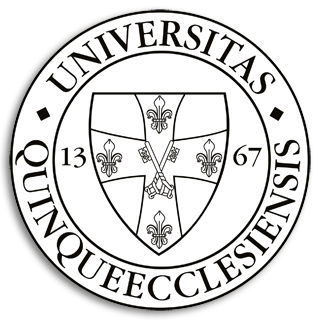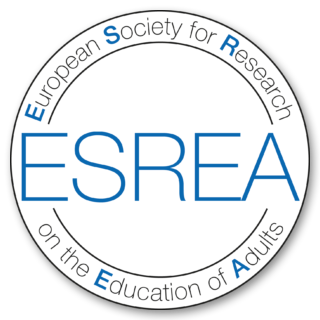THE ORGANISERS
It is our great pleasure to invite you to the 11th conference of the ESREA Network Between Global and Local: Adult Learning and Communities. The Institute for Human Development and Cultural Studies of the Faculty of Humanities at the University of Pécs, in association with the Educators’ Centre Association and its House of Civic Communities, has been given the honour to co-organise the conference with the Network.
The BGL-ALC Network
The European Society for Research on the Education of Adults (ESREA) promotes and disseminates theoretical and empirical research on adult education and adult learning in Europe through research networks, conferences and publications. Active members come from different parts of Europe. ESREA is made up of several networks that have regular meetings in which research involving particular themes is discussed. Among these is the ESREA Network Between Global and Local: Adult Learning and Communities.
The BGL-ALC Network was established in 2006 to bring together European researchers committed to studying community development and adult learning. We believe that the social life of people in communities is a key element for understanding adult learning. In order to clearly identify global and regional/local dimensions of adult learning processes and social change, different scales of community development need to be analysed together.
Our aim was to create a network capable of encouraging research on development in the context of globalisation by using territorial and micro-scale approaches, urban and rural studies, studies of community regeneration, and locating learning places and spaces. All of these issues hinge on the centrality of adult learning in the processes of community development.
Institute for Human Development and Cultural Studies, University of Pécs
The Institute for Human Develoment and Cultural Studies is the research and development unit of the Faculty of Arts at the University of Pécs for Adult Learning and Education. The Institute has got a special Lifelong Learning Research Centre to represent the University of Pécs, since 1999, in EAEA (European Association for the Education of Adults), in eucen (European Universities Lifelong Learning Network) and in PASCAL International Observatory by co-ordinating the UNESCO Global Learning City Programme of Pécs together the with the House of Civic Communities.
The Institute has established a valuable partnership with UNESCO UIL, DVV Internatioal, but it has also been actively engaged in reesaerch and collaboration with university departments and units across Europe through EU-funded projects and comparative studies in Adult Learning and Education on topics like policy contexts, intergenerational learning, adult learning in museums, professionalisation in adult education, quality tools and mechnisms, history ofadult education, learning cities-regions, university lifelong learning, workplace learni, third age learning, guidance and counselling and cultural studies.
The Univeersity of Pécs and its strategy of internationallisation puts a strong emphasis on excellence and quality focuses in research partnerships and project-based activities. Hosting this ESREA Network conference has got a double meaning. First of all, it signals our commitment and aspiration to support local and regional developments in adult learning and education to help raising participation and performance in adult learning. Therefore, we in acadenic communitie must provide researches to cover up trends and issues of learning and living in diverse communities and to highlight some particularly relevnt messages around that theme. Secondly, we try to demonstrate that universities, according to UNESCO’s recent Recommendation from 2015, has a significant role in the quality development of adult learning by responding tto global and local challenges of social and economic changes.







